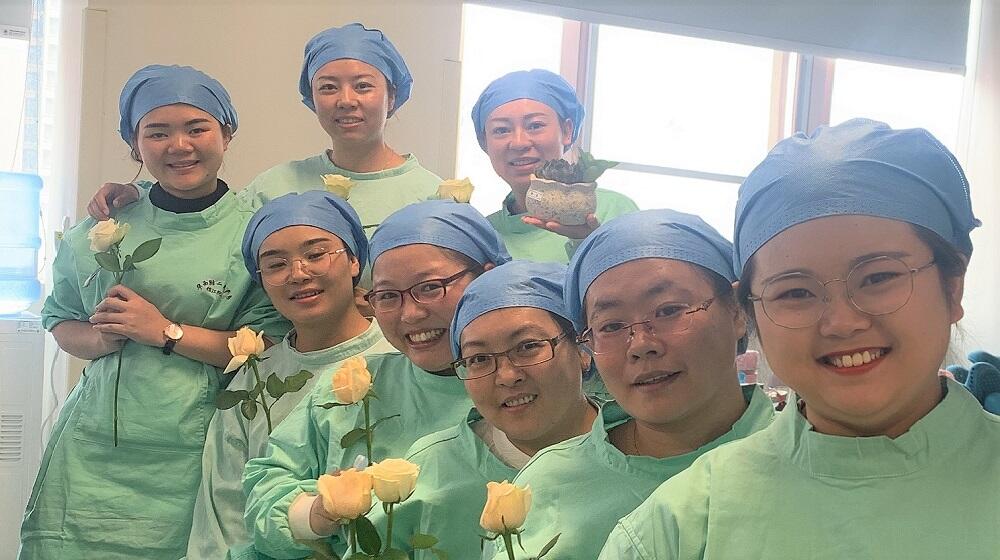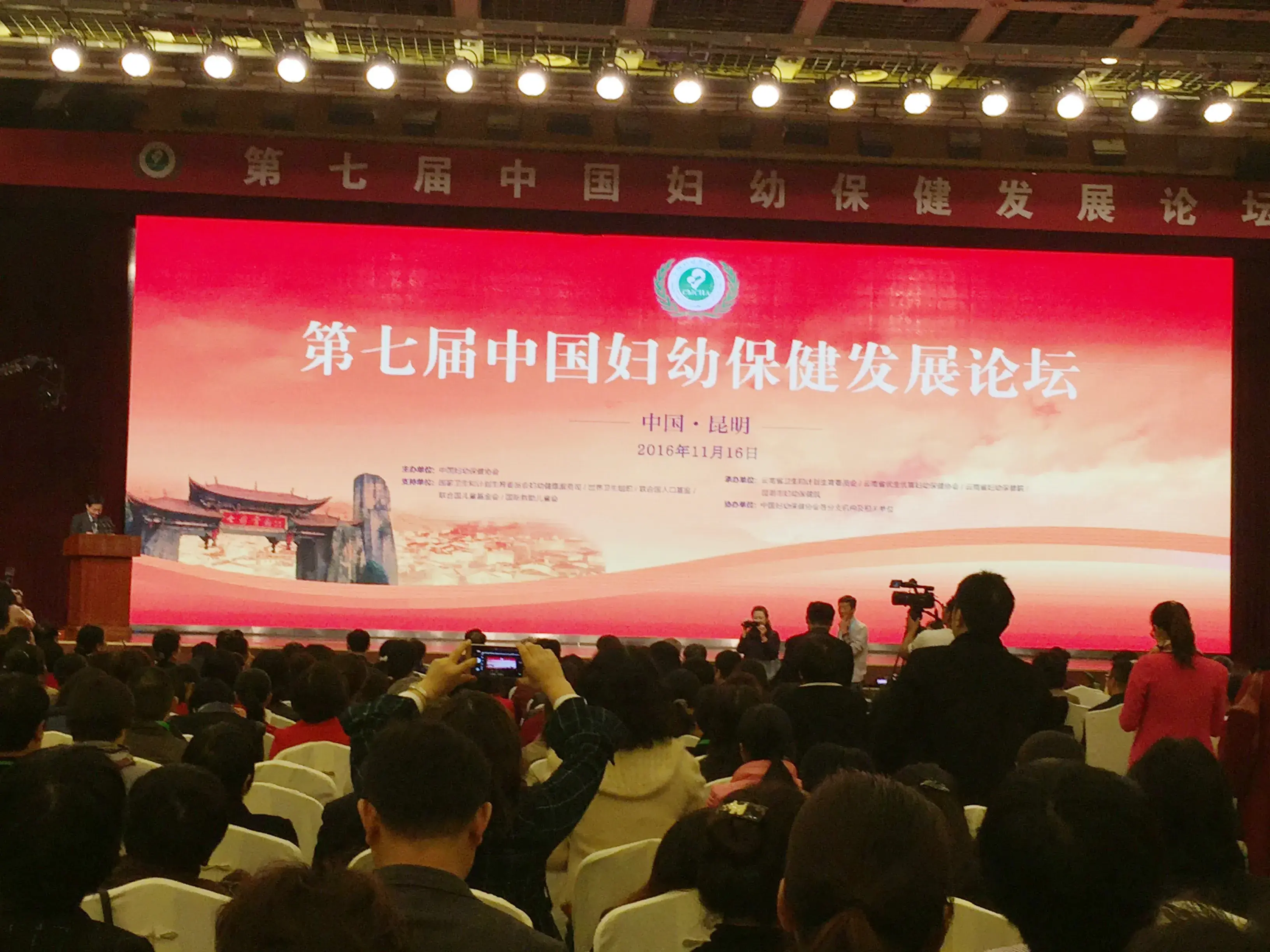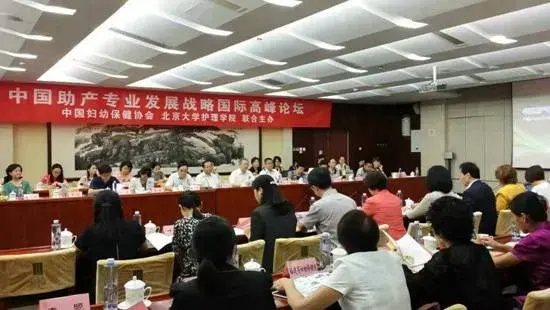“I hope to deliver my second baby here,” says a new mother, who just had her first newborn safely at the Yushu County People’s Hospital, Qinghai province of west China.
Gengsong Daizhong is a Tibetan doctor from the hospital. She is confident that more local women will be willing to have their babies here, thanks to the advancement of their midwifery skills.
Since 2016, China has been providing competency based midwifery education and training to health workers across the country with the support of UNFPA. Since midwifery is not yet an independent profession but carried out by doctors and nurses in China, the national training offers a critical opportunity to enhance the midwifery skills of health workers in line with the global standards for midwifery set by the International Confederation of Midwifery.
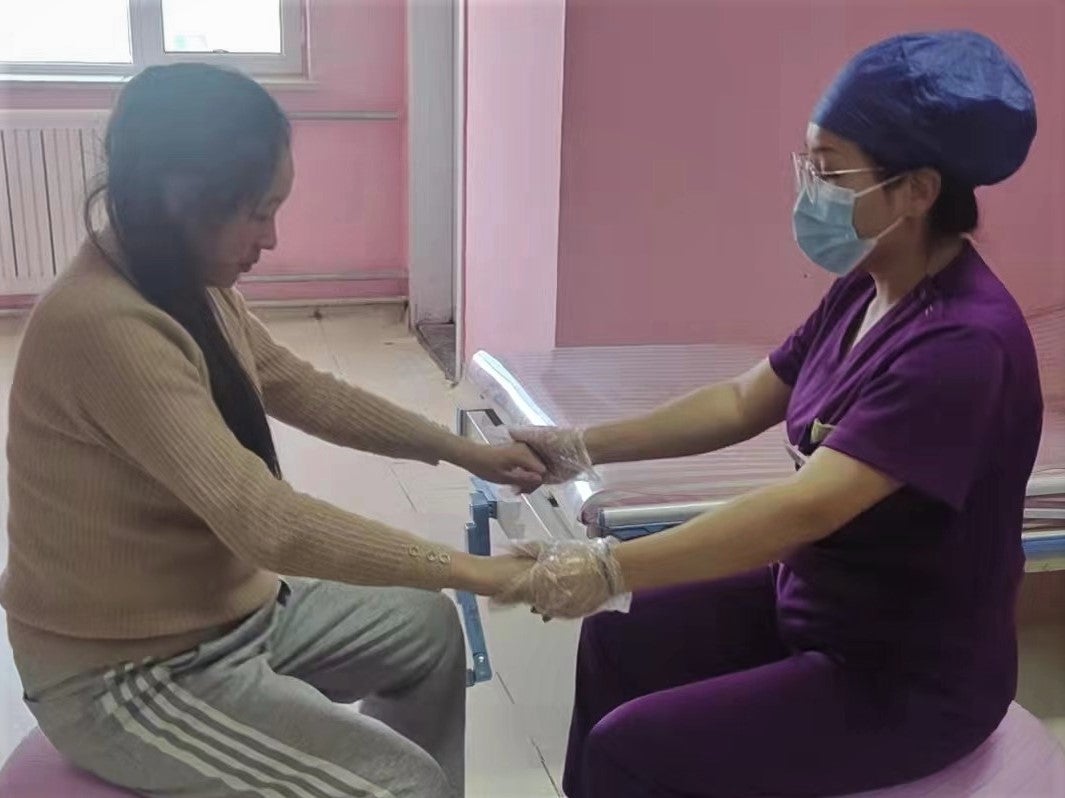
pregnant woman at a local hospital in Yushu.
Dr. Gengsong was a participant of the standardized training programme in 2020. She was supported by a project delivered by China Family Planning Association in partnership with UNFPA and the National Health Commission and supported by the Government of Denmark, to improve sexual and reproductive health among vulnerable populations, including ethnic minorities, in Qinghai and Shanxi provinces.
With her newly acquired midwifery skills, Dr. Gengsong is now able to apply the Doula mode of delivery to relieve the anxiety of women during childbirth.
“As the Doula method helps to speed up the process and reduces the risk of severe tearing and postpartum infection, we are receiving very positive feedback from the new mothers.”
A local sexual and reproductive health service provider, Ms. Sun Daomin, participated in the national midwifery training in late 2021. Building on her decades of midwifery experience at the township health center, Sun is supporting the local health facilities in improving their information and services on human-centered, family planning and maternal and child health.
“Postpartum contraception is an essential part of midwifery,” says Sun, as she learned about the different contraceptive choices available to a woman after giving birth. She is expected to visit the villages and share her knowledge on postnatal health management with field health workers, as the COVID-19 situation improves.
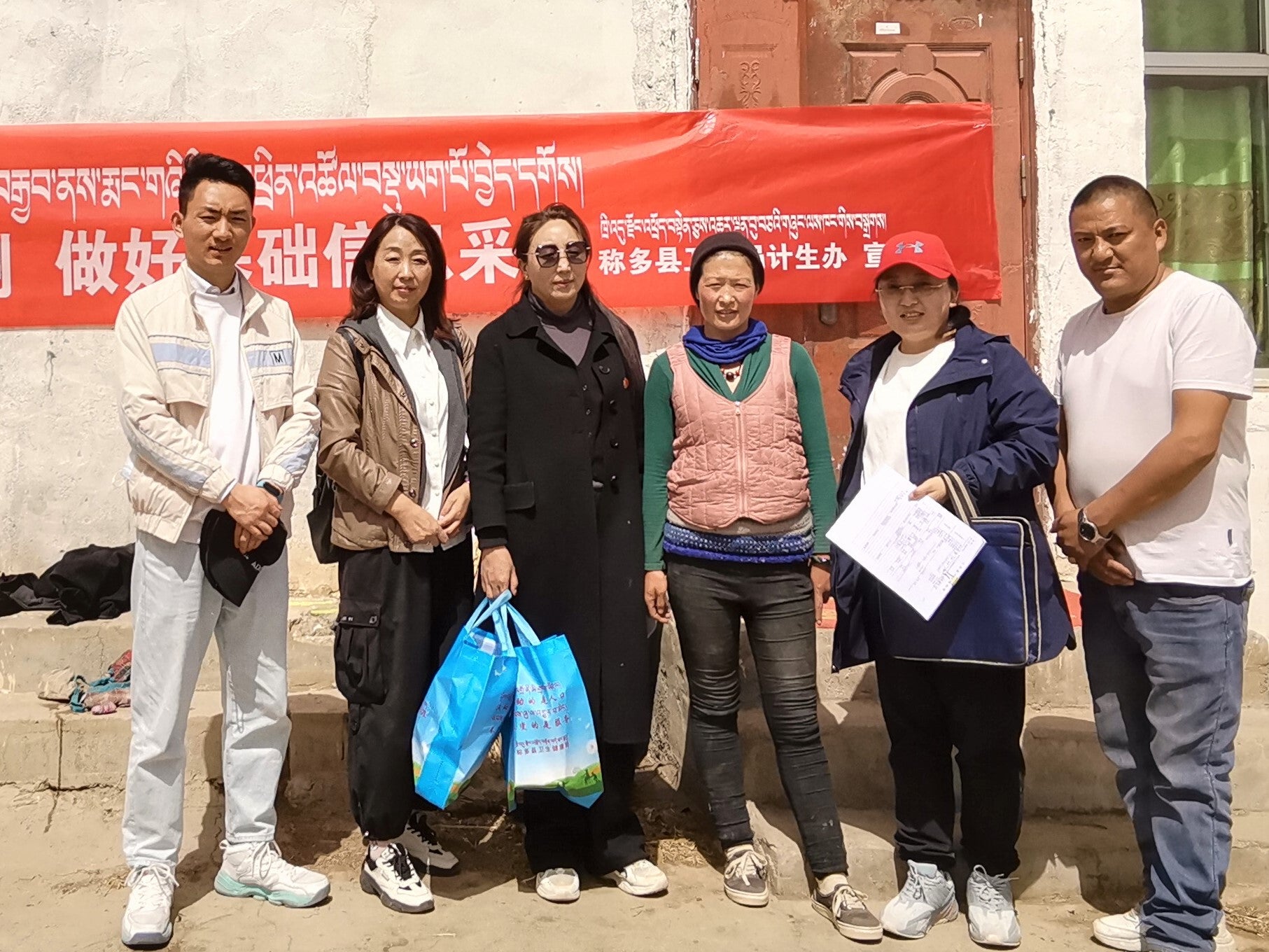
reproductive health in Chengduo county, March 2022.
From 2020-2021, UNFPA facilitated Dr. Gengsong Daizhong, Ms. Sun Daomin and fifteen other health providers from Qinghai and Shanxi provinces to participate in the 12-week standardized midwifery training programme offered by certified trainers from the Chinese Maternal and Child Health Association.
The training covers theoretical and practical learning on midwifery skills and technologies during pregnancy, childbirth and beyond. It highlights the importance of human-centered care and health education and information throughout the whole process.
Beyond the training of individual health workers, UNFPA is supporting the development of midwifery training bases in health facilities in less developed regions, including the Qinghai Provincial Maternal and Child Health Hospital. This will ensure that, in the future, midwifery training is available to more health workers in Qinghai and nationwide.

